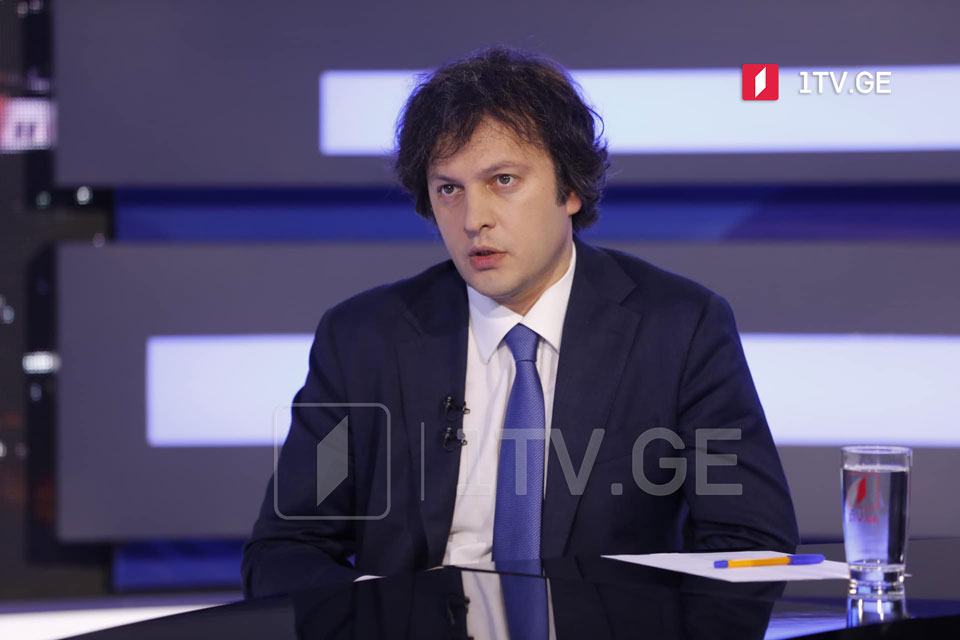In fact, no revision of what was stated in the Bucharest summit communiqué was expected, hence the document took shape as it is. The language of the Vilnius NATO summit communiqué meets expectations, Irakli Kobakhidze, the Georgian Dream party Chair, stated.
As Irakli Kobakhidze pointed out, the language of the Vilnius NATO summit communiqué effectively maintained the status quo with regard to Ukraine and Georgia.
“This document has more language about Ukraine in terms of quantity, but there is no qualitative change. The status quo was preserved as a result of a pragmatic stance toward Russia. Moreover, particular records are provided. Regarding Russia, it is explicitly stated that NATO is not seeking conflict; it will be unable to cooperate with Russia following the war in Ukraine, but it is not seeking confrontation either; this is a real situation.
About Georgia, the commitment made in the Bucharest Summit communiqué that Georgia will undoubtedly become a member of NATO in the future stands; however, details, such as when, how, and so on, remain unexplained. The same is true for Ukraine,” Kobakhidze stated.
According to him, in the case of Ukraine, the criteria must be met, and all 32 nations must agree that they want to invite Ukraine to join NATO.
“Textually and quantitatively, there is no difference between our record and the record referring to Ukraine, but qualitatively and fundamentally nothing has changed, everything is repeated again and again in the abstract. Even today, no one knows how or when Ukraine will join NATO, as happened with Georgia. Expectations were higher, as you can observe after hearing Zelenskyy’s statement. Ukraine’s people certainly anticipated more. That was openly discussed, and they expected a strong record in line with the invitation, but the unfortunate fact is that the prospects for Ukraine’s accession to NATO remain ambiguous; this is the reality. I’ll say it again: the volume of texts has expanded quantitatively, but nothing has changed qualitatively.
In fact, no revision of what was stated in the Bucharest summit communiqué was expected, hence the document took shape as it is. This language aligns with what was expected. It was also remarkable in another respect. Nobody knows when either Ukraine or Georgia will join NATO. Even with less precision, it is hard to say for NATO; this is a completely political issue, and they have once again openly expressed their stance toward Russia.
It’s a pragmatic approach. We are forbidden to adopt a pragmatic policy; Georgia does not have the right to do so, but NATO does. We also have no right to avoid conflict with Russia. We have no right not to seek confrontation, but NATO does, and this is explicitly stated in the language.
We are also asked if we are afraid of war. You believe that being afraid of war is a bad thing. You are concerned that the population will not slip into the same scenario that the Ukrainian population is currently in. They attempt to portray it compassionately. It is a legitimate fear. The NATO communiqué expresses this concern. NATO is afraid, and it is natural if Georgia is too,” Kobakhidze said.
Vilnius Summit Communiqué reads: “We reiterate the decision made at the 2008 Bucharest Summit that Georgia will become a member of the Alliance with the Membership Action Plan (MAP) as an integral part of the process; we reaffirm all elements of that decision, as well as subsequent decisions. To advance its Euro-Atlantic aspirations, Georgia must make progress on reforms, including key democratic reforms, and make best use of the ANP.”
